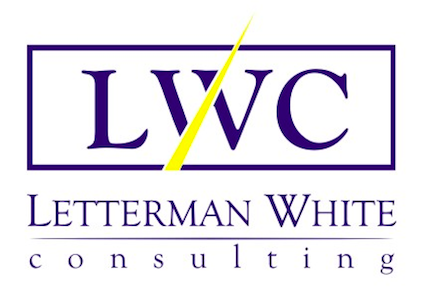"Collaborate more!" It's the battle cry of today’s organizations, where the hybrid workplace is the norm, as if using the right jargon will shift an entire culture. I believe that buzzwords obscure problems, so what does “collaboration” actually mean? If you assess your leaders, you might read a definition such as, "collaboration is the art of bringing people together to leverage their skills, talents, and knowledge to achieve a common purpose". (Korn-Ferry). If it is the "art" of brining people together, then leadership must be responsible for creating the context that helps it develop. Are job descriptions clear or do they leave employees confused about what they are supposed to be doing, how, and when and leaders wondering why their collaboration initiatives fail?
Here's the hard truth: Adding "must collaborate well with others" to position requirements isn't enough. Moving beyond the buzzword requires building robust systems that enable and encourage true collaboration. Here's what real infrastructure for collaboration looks like:
First, job descriptions need complete rewiring. Skip the vague "team player" requirements. Instead, spell it : which roles work together, when are they supposed to intersect, and most importantly, what should each role bring to and receives from these partnerships. This clarity transforms collaboration from a fuzzy concept into concrete daily actions.
Second, performance metrics must evolve beyond individual scorecards. When you say collaboration matters but only measure individual achievements, you're sending mixed messages. Instead, implement shared, cross-silo objectives. For example, rather than measuring a customer service representative's individual response time, measure how effectively the entire team reduces recurring customer issues through collaborative problem-solving.
Third, onboarding processes need restructuring. New hires should receive a clear relationship-building roadmap: who they need to meet, why these connections matter, and how these relationships drive collaborative success. This isn't just about team introductions—it's about building a collaborative network from day one.
The most overlooked piece? Development planning. Organizations must build in regular feedback sessions, coaching opportunities, and workshops where people can practice collaboration on the challenges and opportunities of job requirements.
Remember, without this foundation, calls for "more collaboration" are like asking people to build a house without tools or blueprints.
What essential pieces is your organization missing in its collaboration strategy? Share your experiences in the comments.
#OrganizationalDevelopment #Leadership #Collaboration #TalentManagement #BusinessStrategy#Hybrid"#Leadership#Structures#Processes#JobDescriptions

